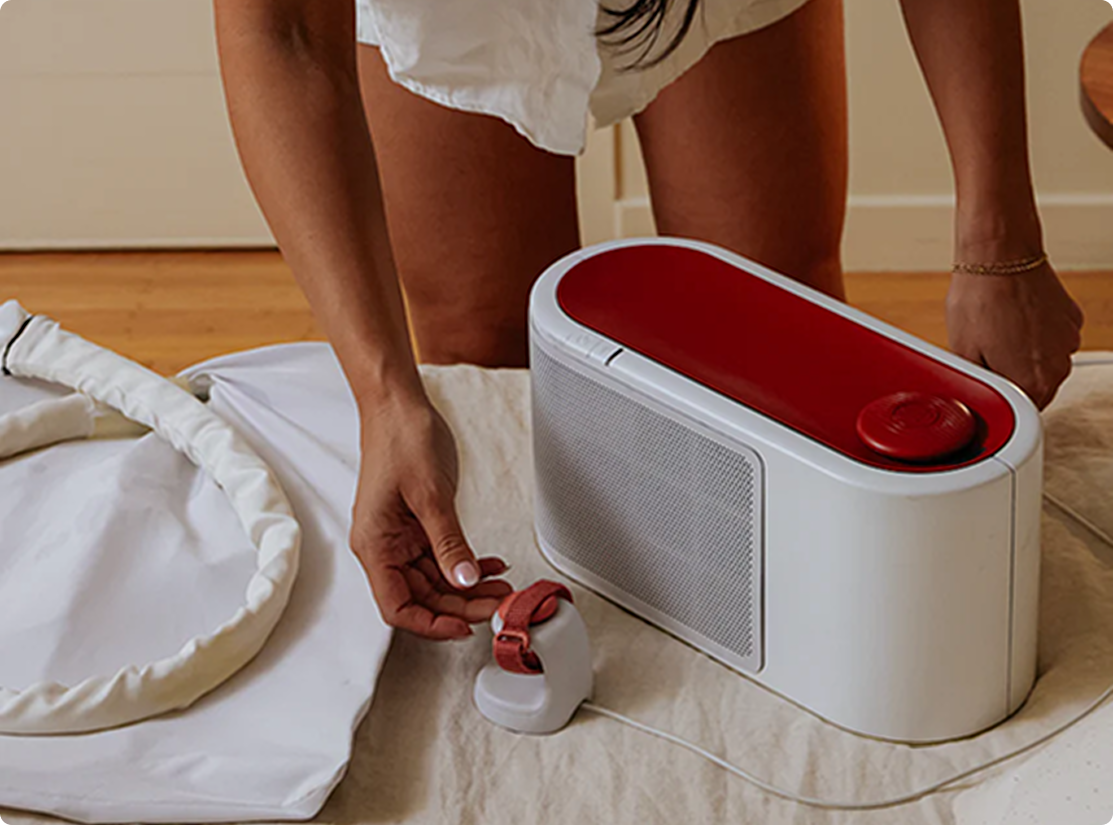By Emmanuel LeBrun, General Practitioner
Table of Contents
The drop in estrogen levels that accompanies menopause can exacerbate existing joint pain or even lead to new discomfort. Estrogen plays a crucial role in joint tissues, where it has anti-inflammatory properties, and it also affects parts of the nervous system that regulate pain perception.
As Dr. Christian Jamin, a gynecologist, explains:
"Menopause lowers the pain threshold, making women more sensitive to pain."
Joint pain may be localized in specific areas or more widespread, affecting regions like the neck and shoulders. Typically, these pains are most intense in the morning but tend to improve throughout the day.
Recent studies indicate that depressive states and insomnia, two other common menopausal symptoms, can aggravate joint pain. While we won't delve into those symptoms here, we will focus on direct strategies to alleviate joint pain.
Short-Term Solutions for Joint Pain
Stay Hydrated
Adequate hydration is essential for joint health. Water helps maintain the lubrication of joints, reducing friction and pain.
Manage Stress
Stress triggers the release of cortisol, a hormone with potent anti-inflammatory effects. However, chronic stress can cause the body to become resistant to cortisol, diminishing its effectiveness and leading to increased inflammation and pain. Techniques like meditation, naps, or leisurely walks can help reduce stress and restore cortisol's beneficial effects.
Stretch and Massage
Regular stretching helps maintain joint flexibility and lubrication. Self-massage can also be beneficial, as it increases blood circulation and reduces inflammation.
Use Pain Relievers
Over-the-counter pain relievers can be effective as a temporary measure. Be sure to consult your pharmacist for advice on the best options.
Improving Joint Pain in the Mid-Term
The most effective treatment for menopausal joint pain is Hormone Replacement Therapy (HRT). HRT replaces the estrogen that the body no longer produces, with effects that typically become noticeable after a few weeks. However, HRT is not a permanent solution, and symptoms may return once the treatment is stopped.
Adopting a Mediterranean diet can also help reduce inflammation. This diet is low in saturated fats, animal proteins, and fast-digesting carbohydrates, but rich in fiber, vegetables, legumes, fruits, and whole grains.
Contrary to what you might think, physical activity is crucial for alleviating joint pain. Staying active with low-impact exercises like swimming, cycling, walking, or yoga can help manage pain and improve joint function.
Additionally, maintaining a healthy weight is important, as excess weight can put extra pressure on the joints. Weight loss is often recommended for this reason. There are also other potential treatments, such as supplements like magnesium and vitamin D, that may help but are not covered in detail here.
When to Consult a Doctor
Joint pain is a serious issue. Don't hesitate to discuss it with your general practitioner, who can provide a proper diagnosis, prescribe the right treatment, and refer you to a specialist if necessary, such as a rheumatologist, osteopath, or acupuncturist, depending on your specific condition.
How Amira Can Support You
Managing joint pain during menopause can be challenging, but with the right support, you can find relief. Amira offers expert advice and tailored solutions to help you navigate menopause with greater comfort. Whether you're looking for personalized recommendations or just need a bit of guidance, Amira is here to assist you every step of the way. Explore our resources and take control of your health during this transformative time.



